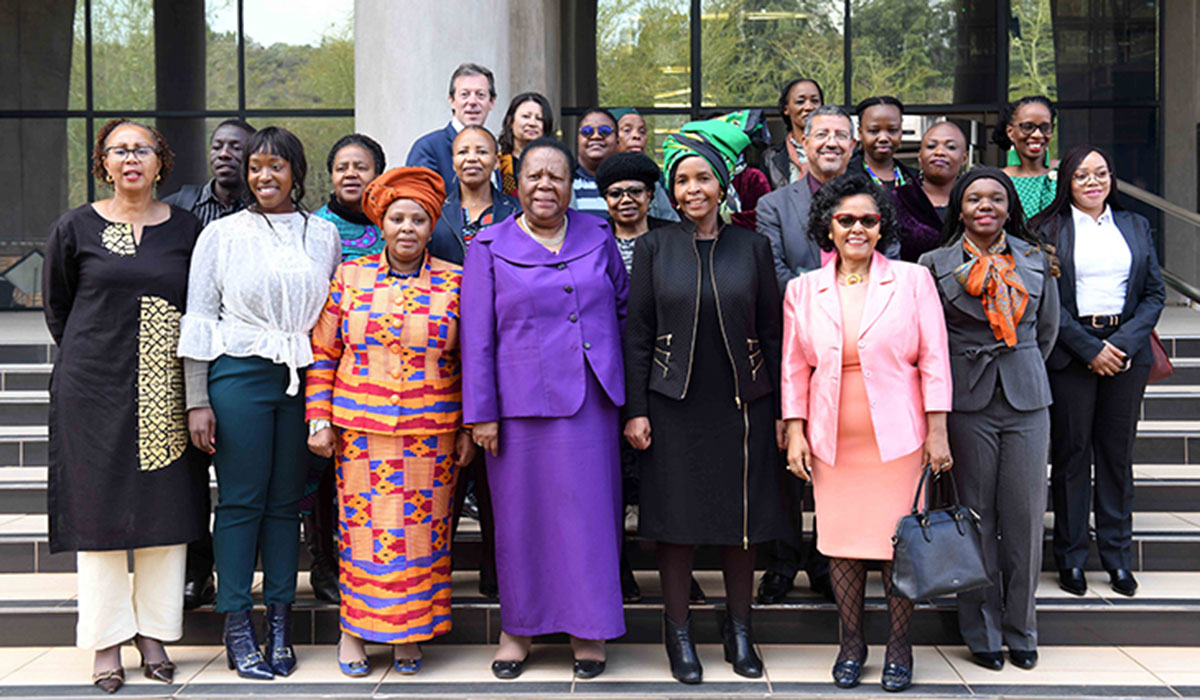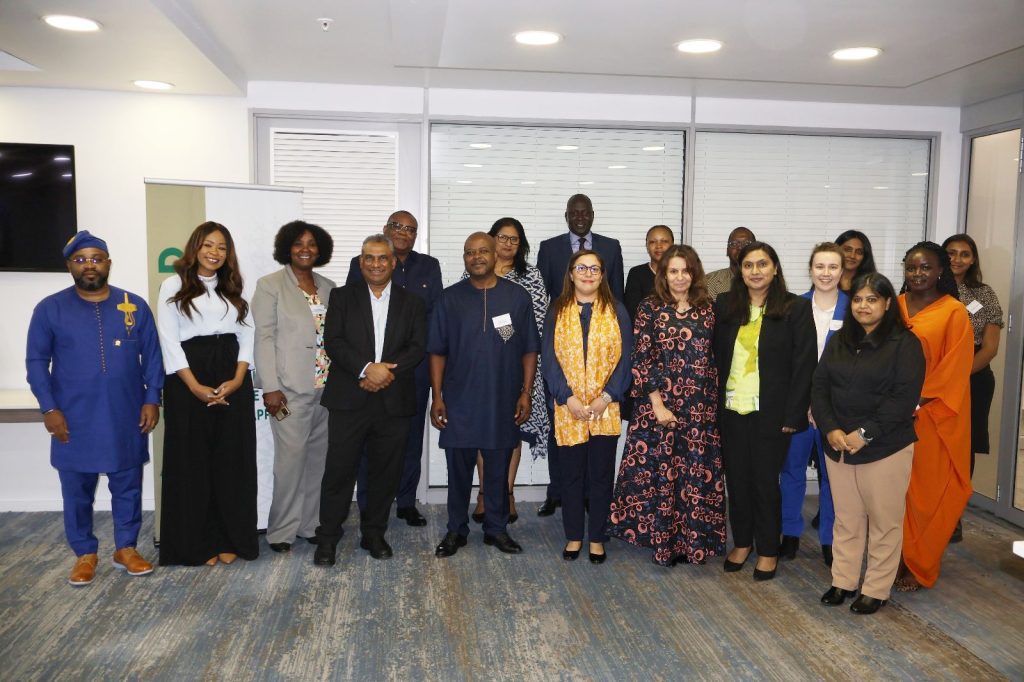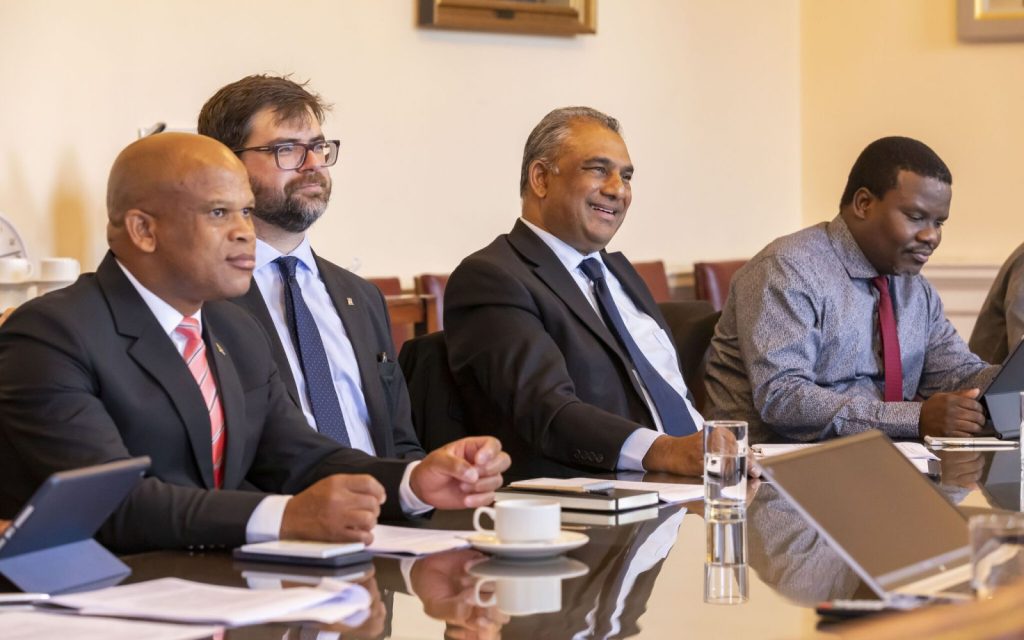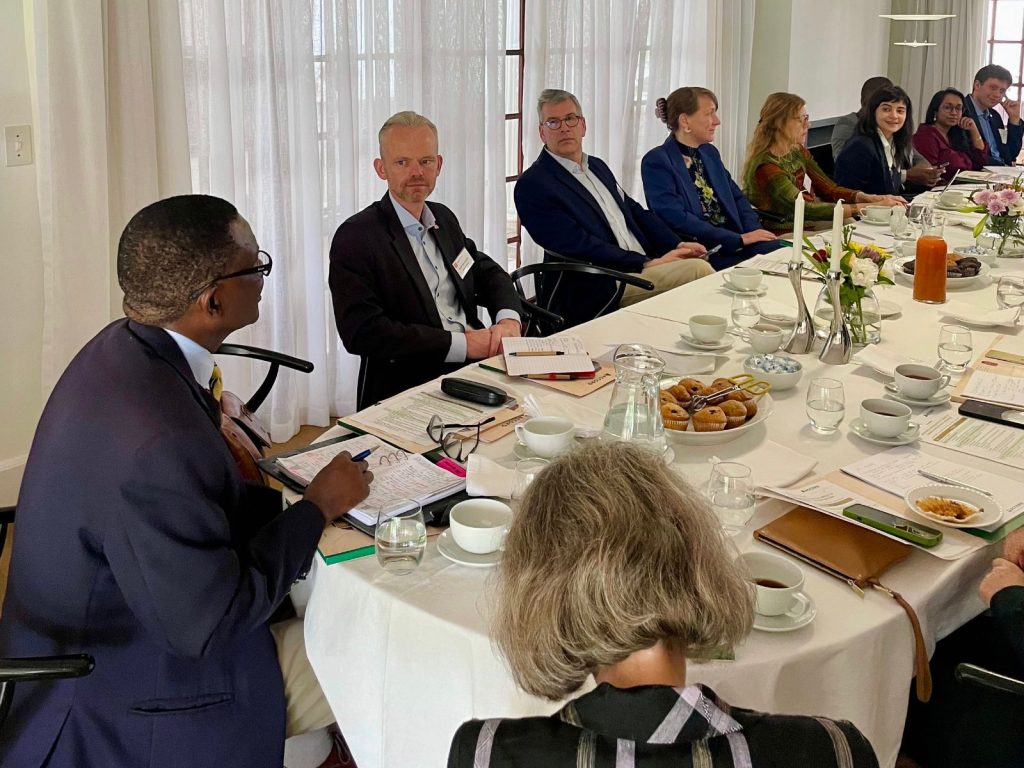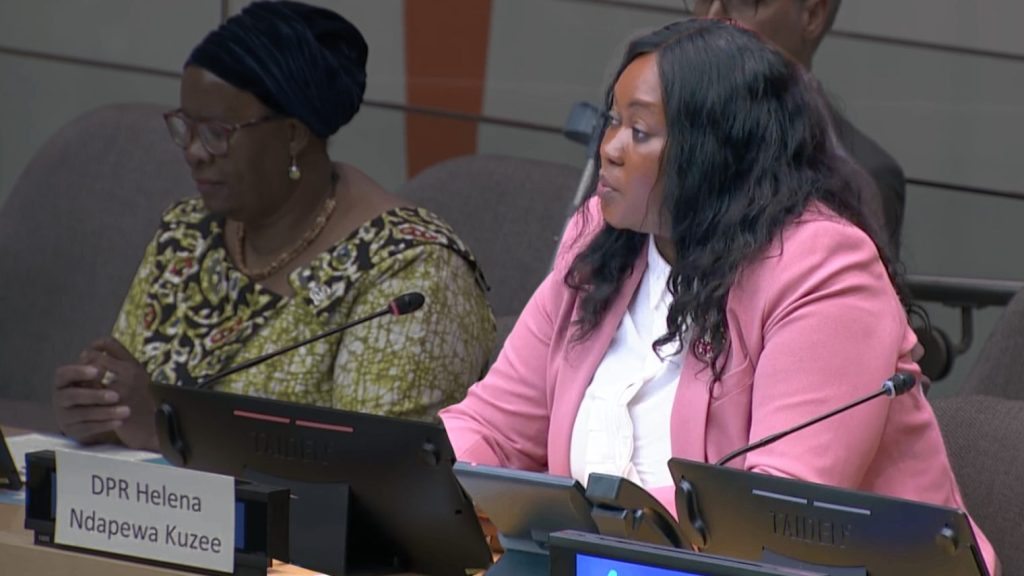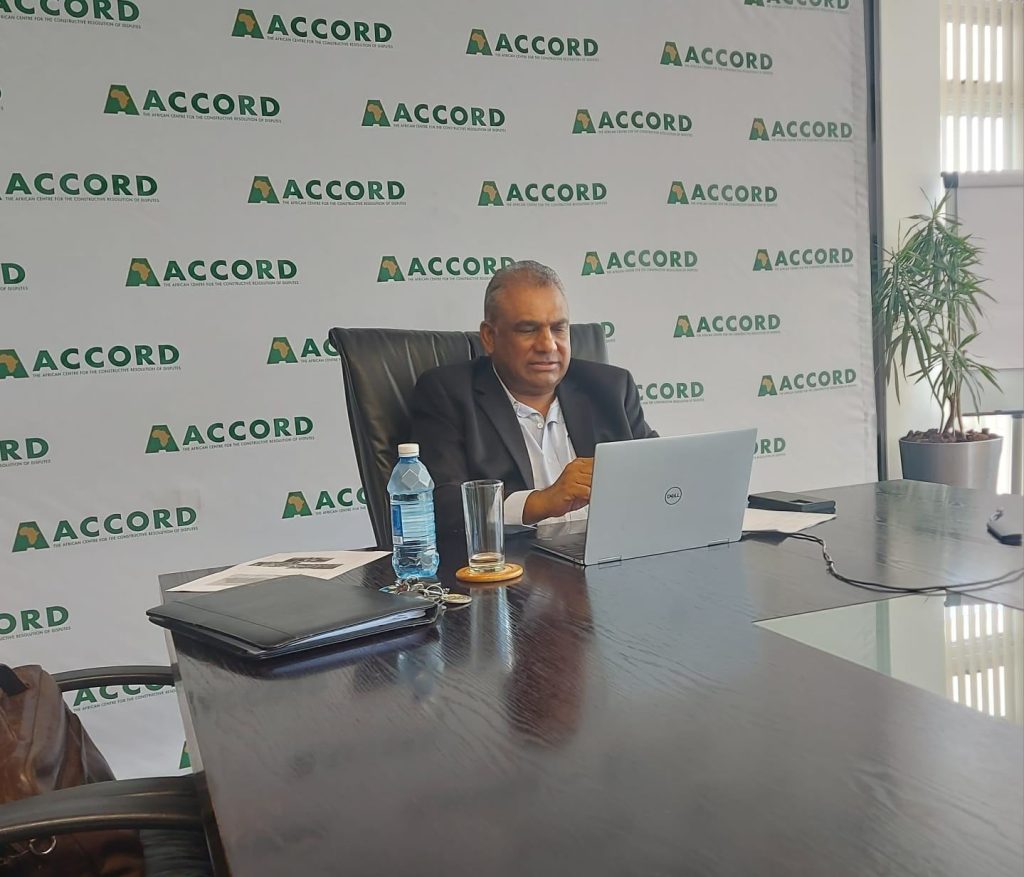On the 15th of April 2021, ACCORD participated in a meeting with Gender Development Partners Group aimed at learning and reflecting about the Women, Peace and Security Agenda in South Africa, the National Action Plan (NAP) and opportunities for partners to engage. Ms Charlotte Lobe from DIRCO jumpstarted the meeting by briefing the group on the government’s plans around WPS, including the forthcoming NAP. Given ACCORD’s extensive expertise in South Africa and the region on aspects of the WPS Agenda, Mrs Karishma Rajoo, General Manager of Programmes represented ACCORD at the meeting.
Understanding the current WPS agenda in the country, Mrs Rajoo chronicled the last two decades, especially the last few years, on how South Africa has shown a clear commitment to advancing the WPS agenda in the country as well as internationally. This has been evident through ensuring women’s meaningful participation and representation. All of these efforts have culminated in South Africa’s Ambassador Mathu Joyini, Permanent Representative of South Africa to the United Nations, who was elected as Chair of the Commission on the Status of Women (CSW). This is the first time South Africa has secured the Chairship in the history of CSW which has significant implications for South Africa as WPS champion inspiring the next generation of women leaning in towards these strong positions. With many women in SA, still facing extreme insecurity and threats to their safety, Mrs Rajoo added that the NAP had to recognize these internal security issues as they are threatening wider social cohesion in the country as well as how women play an integral and historic role in building peace in South Africa.
With the meeting also seeking avenues for development partners to offer support, Mrs Rajoo emphasized that since it was civil society that realised UNSCR 1325 in 2000 and it will be a civil society that safeguards and implements UNSCR 1325. It is key that the South African government works closely with South African and international CSOs and other partners to ensure the successful implementation and help address the bridge between training and deployment. For example, CSOs, such as ACCORD, have been training women for years but the issue that comes up is deployment of these women or giving them opportunities to utilize their new skills in real-life experiences. With that being said Mrs Rajoo suggested that partners find innovative ways to provide opportunities for these women to deploy their skills. Also, partners can help in the translation of the NAP and other crucial documents into local languages as another barrier that has hindered the successful implementation of the WPS Agenda is the inability to localise the agenda and bring awareness at the local, grassroots level.
Participation in the event contributes to ACCORD’s efforts towards building the capacity of African women leaders.

